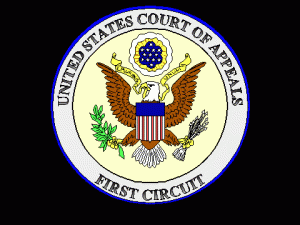Published online November 16, 2012, in Ocean & Coastal Management
By Wesley S. Patrick & Lee R. Benaka
NOAA Fisheries, Office of Sustainable Fisheries
Fisheries operated under catch share management systems were more likely to stay within target catch limits and to stop overfishing than those operating under other management systems, according to a new study by the National Oceanic and Atmospheric Administration (NOAA) entitled “Estimating the Economic Impacts of Bycatch in US Commercial Fisheries” which was published online last month in Ocean & Coastal Management.
The study analyzed the impact of “management uncertainty” upon fishery performance in 17 U.S. fisheries covering 12 different species. It compares fisheries under catch share management systems with those operating under other types of fishery management in which landings are managed “in-season” or “post-season.” This study is one of the first to look at the impact of “management uncertainty” upon a fishery’s performance. “Management uncertainty” refers to the inability of fishery managers to accurately predict how the management techniques they employ will affect their ability to achieve targets such as catch limits.
The study found that a fishery’s ability to stay within targeted catch limits varied considerably, but those under catch shares exceeded catch limits the least. Catch share fisheries exceeded catch limits just 2% of the time, compared to 37% of the time for those managed in-season or post-season. Knowing that catch share-run fisheries are unlikely to exceed catch limits reduces uncertainty and allows managers to set catch limits closer to “true” targets, allowing fishermen to catch more fish while still protecting fish populations for the future.










